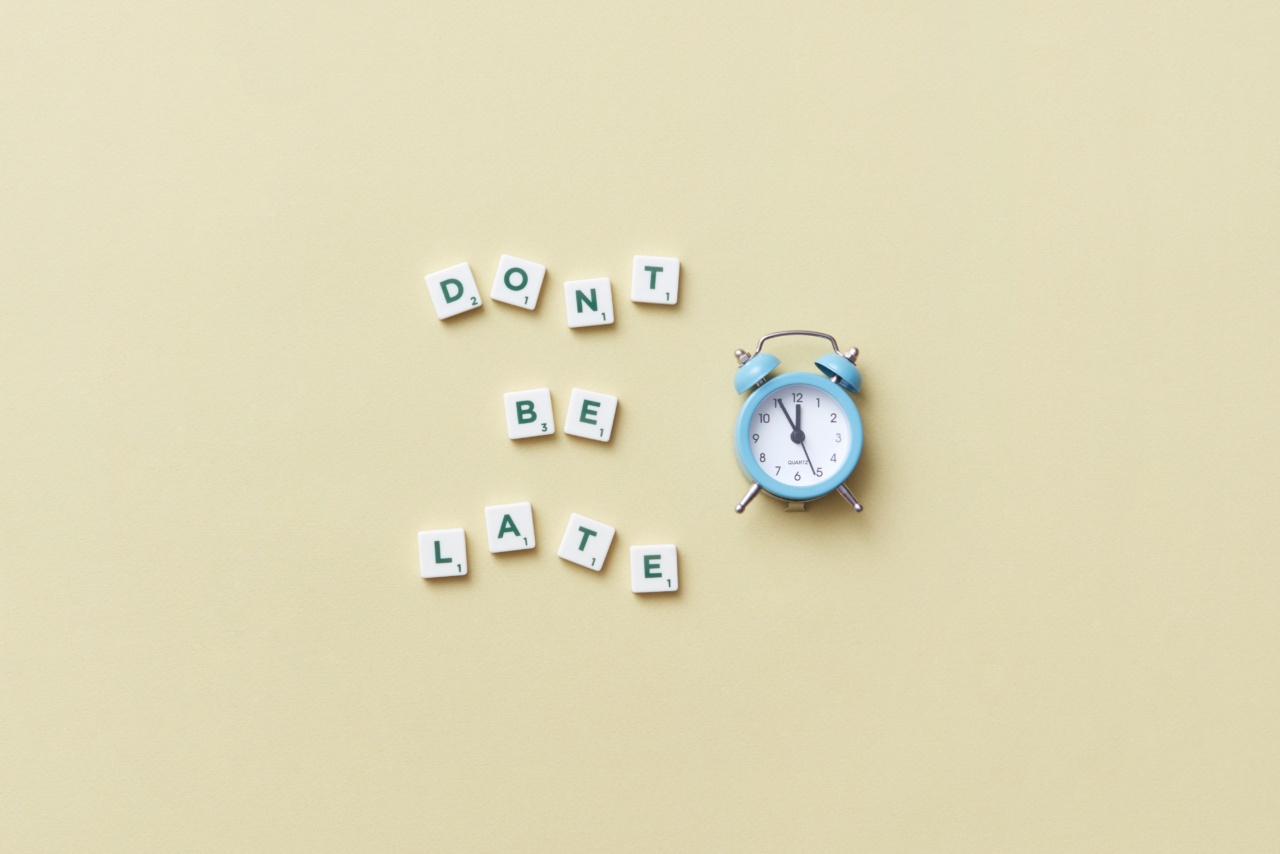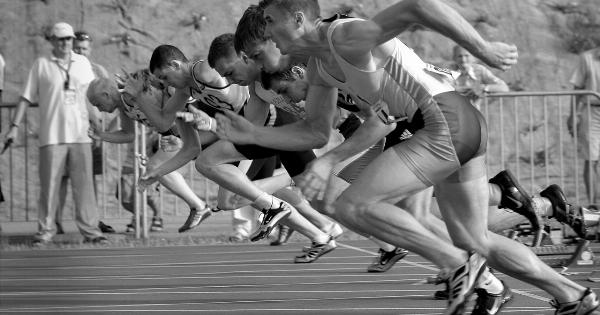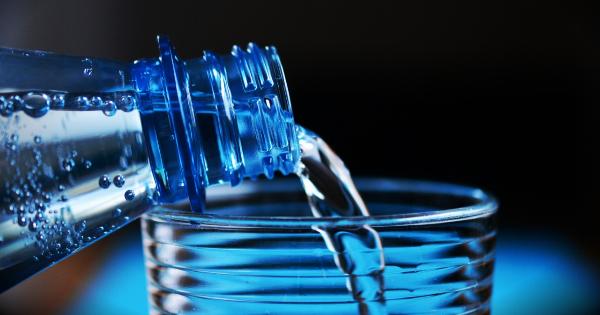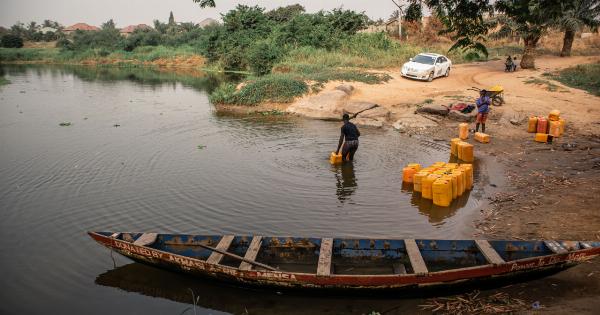Marathons are one of the ultimate tests of endurance. To perform at your best and achieve your desired marathon time, proper hydration management is essential. Dehydration during a marathon can lead to muscle cramps, fatigue, and overall poor performance.
In this article, we will discuss the importance of hydration, the signs of dehydration, the ideal hydration strategy, and tips to stay hydrated during a marathon.
1. Importance of Hydration
Hydration plays a crucial role in maintaining optimal performance during a marathon. Water is necessary for regulating body temperature, lubricating joints, and delivering oxygen to muscles.
When dehydrated, the body’s ability to regulate its temperature diminishes, which can result in heat exhaustion or even heatstroke.
Additionally, the loss of fluids through sweating can lead to electrolyte imbalances. Electrolytes, such as sodium, potassium, and magnesium, are essential for normal bodily functions, including muscle contractions.
Without proper hydration, electrolyte imbalances can cause muscle cramps and hinder your performance.
2. Signs of Dehydration
Knowing the signs of dehydration is crucial during a marathon. Some common symptoms include:.
– Thirst: Feeling extremely thirsty is a clear sign that your body needs more fluids.
– Dry mouth and lips: When dehydrated, your saliva production decreases, resulting in a dry feeling in your mouth and lips.
– Fatigue and lightheadedness: Lack of fluids can cause a drop in blood pressure, leading to feelings of fatigue and lightheadedness.
– Dark and concentrated urine: Urine color can be a good indicator of hydration levels. Dark and concentrated urine usually indicates dehydration.
– Headache: Dehydration can often lead to headaches or migraines during physical exertion.
3. Ideal Hydration Strategy
While the ideal hydration strategy can vary between individuals, the following guidelines can help you develop a plan that works best for you:.
– Pre-hydration: Start hydrating well before your marathon. Drink plenty of fluids in the days leading up to the race to ensure that you are well-hydrated before you even start.
– During the race: Aim to consume fluids at regular intervals throughout the marathon. Ideally, you should drink approximately 4-6 ounces (120-180 ml) of fluid every 20 minutes.
It’s important to listen to your body and drink when you feel thirsty. Remember, do not wait until you are extremely thirsty to start drinking.
– Electrolyte replenishment: In addition to water, it’s important to replenish electrolytes lost through sweating. This can be achieved by consuming sports drinks or electrolyte supplements during the race.
– Post-race hydration: Replenish lost fluids after the marathon by continuing to drink water and electrolyte-rich beverages. Consuming a balanced meal with adequate sodium content will also help restore electrolyte levels.
4. Tips to Stay Hydrated During a Marathon
Staying properly hydrated during a marathon requires careful planning and execution. Here are some practical tips to help you stay hydrated:.
– Carry a handheld bottle: Consider carrying a handheld water bottle or hydration pack to have easy access to fluids during the race.
– Use hydration stations: Familiarize yourself with the locations of hydration stations along the marathon route. Take advantage of these stations to refill your bottles and grab a quick drink.
– Practice your race day hydration strategy: During your training runs, practice your hydration strategy to ensure that it works effectively for you. This will help you make any necessary adjustments before race day.
– Avoid excessive caffeine and alcohol: Both caffeine and alcohol act as diuretics and can lead to increased fluid loss. It’s best to minimize or avoid their consumption in the days leading up to your marathon.
– Monitor your urine color: Keep an eye on your urine color to gauge your hydration levels. Light yellow to clear urine generally indicates proper hydration.
– Listen to your body: Pay attention to any signs of dehydration during the race. If you experience symptoms such as extreme thirst, dizziness, or fatigue, stop and hydrate immediately.
Conclusion
Achieving your best marathon time requires proper hydration management. Dehydration can significantly impact your performance and overall wellbeing during the marathon.
By understanding the importance of hydration, recognizing the signs of dehydration, following an ideal hydration strategy, and implementing practical tips to stay hydrated, you can optimize your marathon performance and achieve your goals.


























